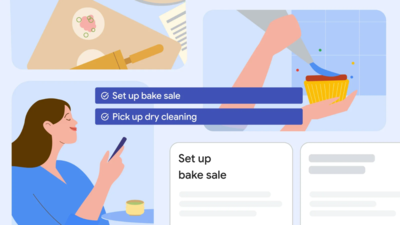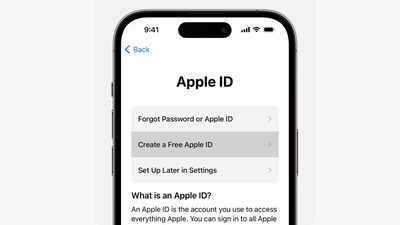WhatsApp is a key tool in our daily communication, known for its speed and convenience. One of the standout features of WhatsApp is its end-to-end encryption, which ensures that only you and the person you're communicating with can read or view the content. This encryption is designed to keep your messages, photos, and videos safe and private from unauthorised access.
WhatsApp continually reassures users about the security of their data. However, despite these strong security measures, some users still experience hacking of their accounts.
Also Read | Jio's choice number scheme: What is it and how to obtain a customised Jio phone number
Common mistakes that enables hacking of Whatsapp accounts
- Sharing OTP or verification code: One of the most common mistakes is sharing your One-Time Password (OTP) or WhatsApp verification code with others. Hackers can easily gain access to your account if they obtain this code, especially through phishing or social engineering tactics.
- Weak two-step verification PIN: Using a simple or easily guessable PIN for two-step verification can make your account vulnerable. Hackers can exploit weak PINs to bypass this security feature and gain access to your account.
- Clicking on suspicious links: Many users fall victim to phishing attacks by clicking on unknown or suspicious links received via messages or emails. These links can install malware on your device or trick you into giving up personal information, leading to account hacking.
- Using public Wi-Fi without precautions: Accessing WhatsApp over unsecured public Wi-Fi networks without using a VPN can expose your data to hackers. Public networks are more vulnerable to attacks, allowing hackers to intercept your communication and gain access to your account.
- Ignoring app updates: Not keeping your WhatsApp app updated can leave you exposed to security vulnerabilities. Updates often include patches for known security flaws, so ignoring them can put your account at risk.
- Leaving devices unsecured: Not setting a strong password, PIN, or biometric lock on your phone makes it easier for someone to physically access your WhatsApp account. This is especially risky in shared environments or if your phone is lost or stolen.
- Neglecting WhatsApp web sessions: Leaving WhatsApp Web sessions active on shared or public computers can allow others to access your account. Always log out after using WhatsApp Web and monitor active sessions from your phone.
- Falling for impersonation scams: Hackers often impersonate friends or trusted contacts, asking for personal information or verification codes. Falling for these scams can lead to account compromise.
- Reusing passwords across platforms: Using the same password for multiple accounts can make you vulnerable to credential stuffing attacks. If one account is compromised, hackers can use the same password to access your WhatsApp account.
Also Read | Jio's choice number scheme: What is it and how to obtain a customised Jio phone number
Tags:
Tech
Subscribe for our daily news





































































